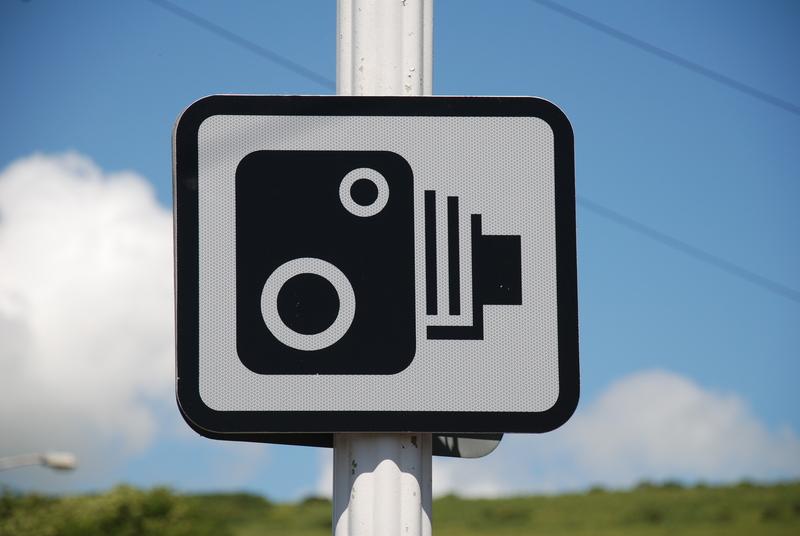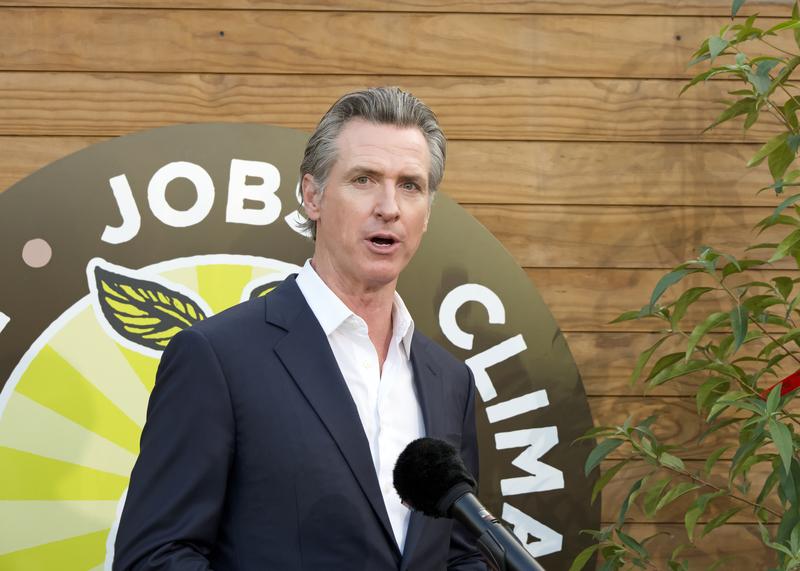
After four and a half interesting years, this will be my last issue as editor of ITS International. Over that time, I have had the privilege to meet and interview some of the ITS sector’s big names, attend most of the industry’s major events and, I hope, pass on some of that information to you, the readers.
What has become clear is that the era of public austerity has created in many local and regional authorities, a fear of being accused of ‘wasting taxpayers’ money’. This is preventing them from visiting industry events, talking to the experts and undertaking the trials and pilots needed to evaluate and prove the technologies they need.
National governments are stepping in to support pilots, although these tend to favour broad-brush research and every city, town and highway faces different challenges. One-size does not fit all. This leaves many authorities unable to implement the best solution to their problem because it has not been tested by a government-funded scheme and they dare not risk spending on ‘untried’ solutions.
The wider ramification is that much of the current research is following government agendas rather than local needs - the UK government’s announcement of more funding for research into driverless cars is a case in point. While, on a national level, the money may boost employment, the technology it will create could easily lead to gridlocked cities.
Local, regional and state transport authorities need to find a way to prove the solutions to their own challenges – possibly by working together on projects of mutual interest to share the work, the cost and the perceived risk to taxpayers’ money.
I leave the editorship of ITS International in the very capable hands of Adam Hill. I look forward to remaining part of Route One’s team, organising the MaaS Market conferences, working on the Show Dailies and attending conferences and events on behalf of the company. I can be contacted at [email protected] and look forward to continuing our dialogue/ hearing from you.







